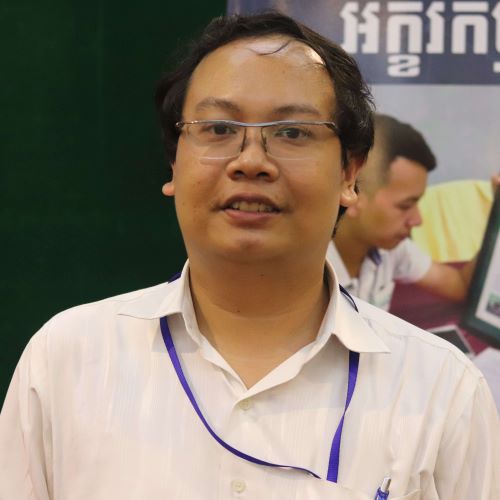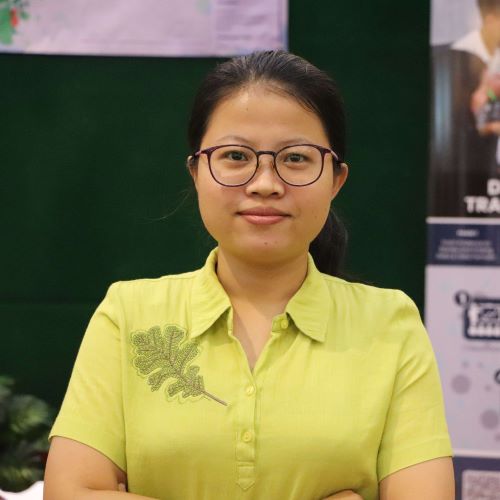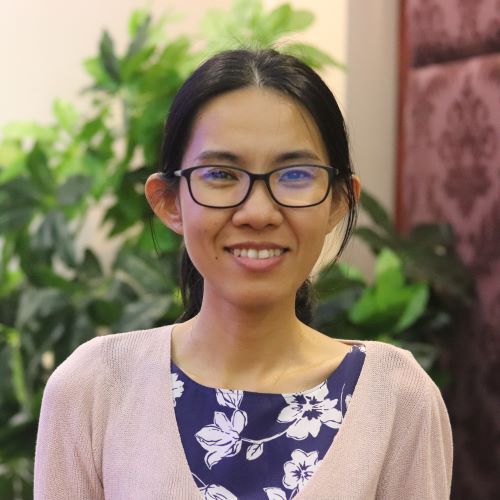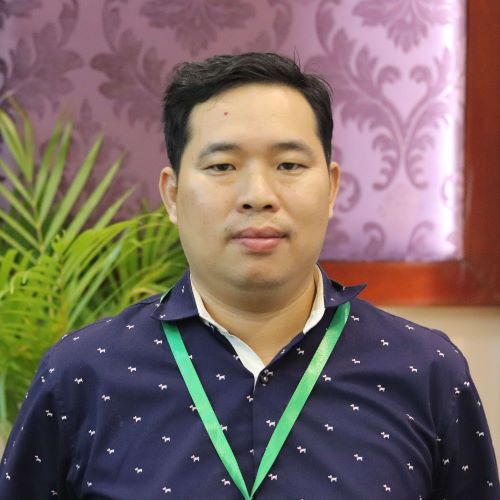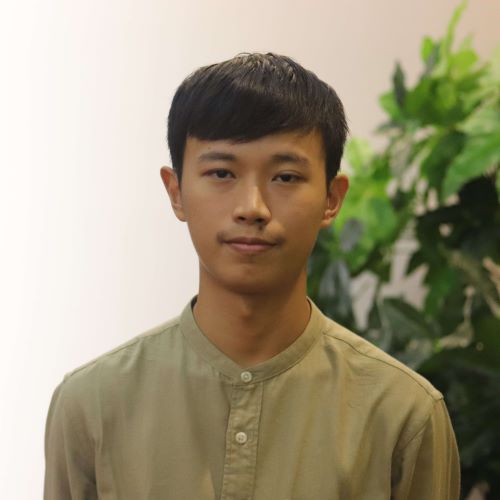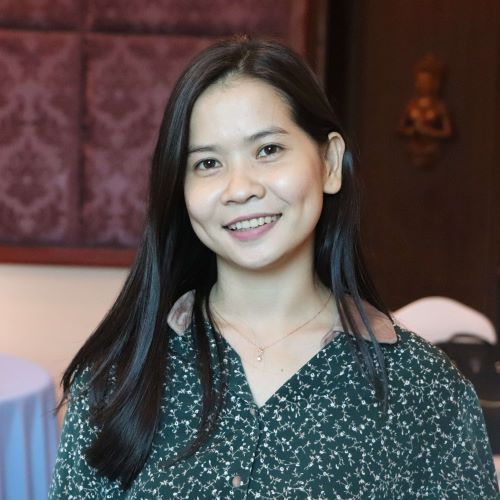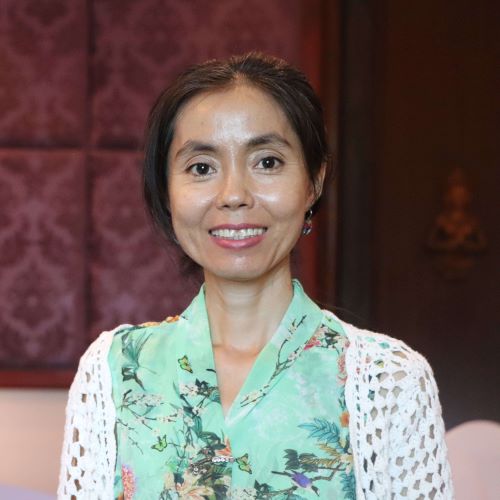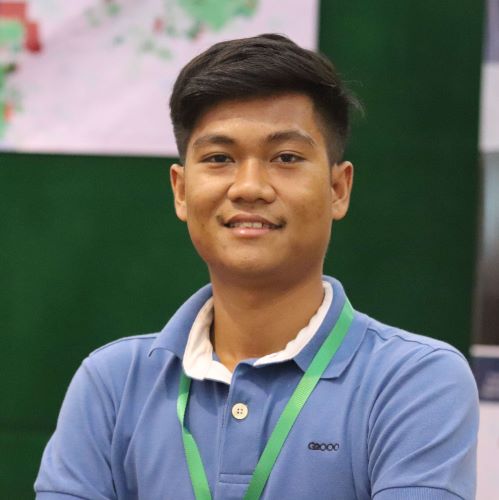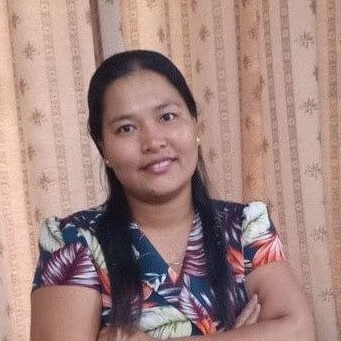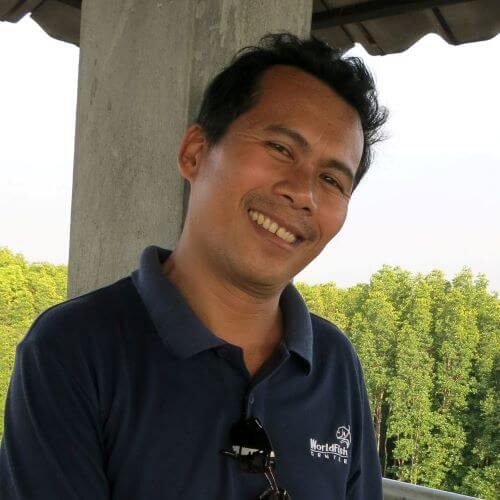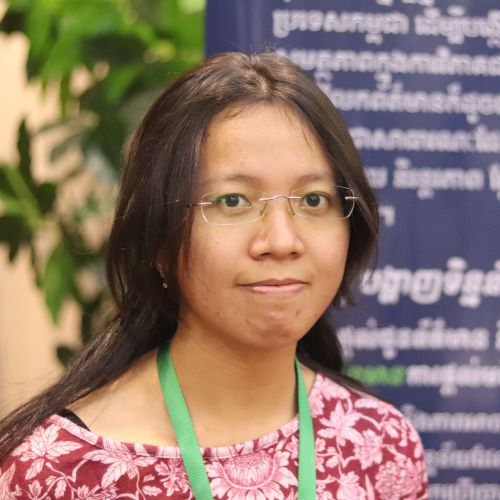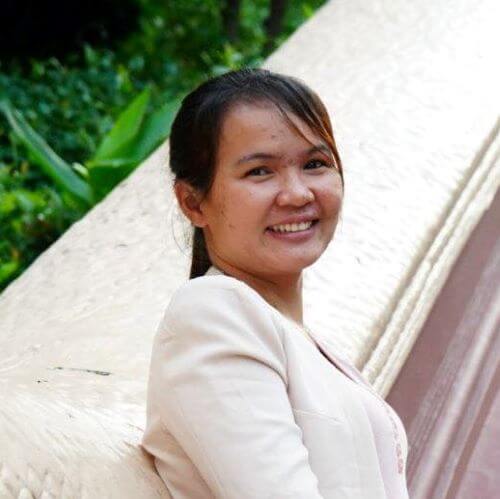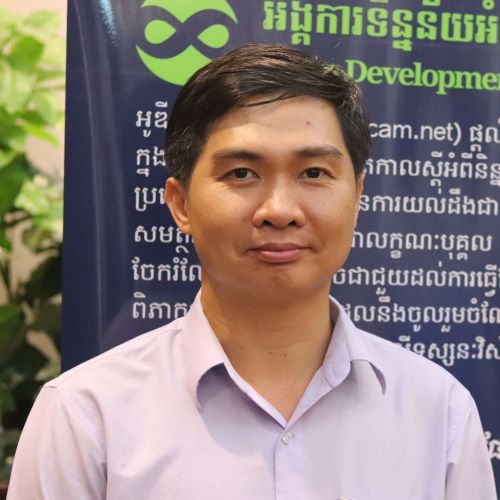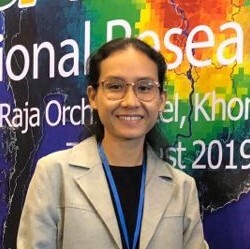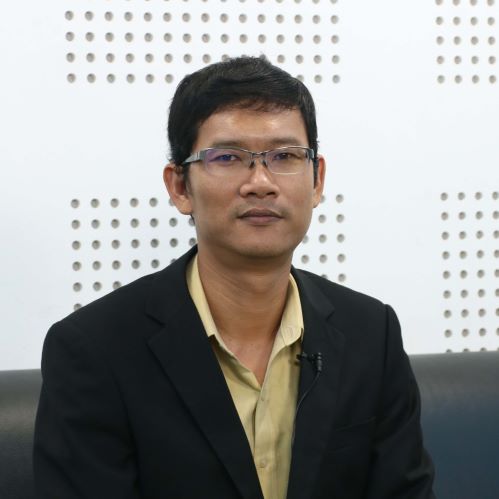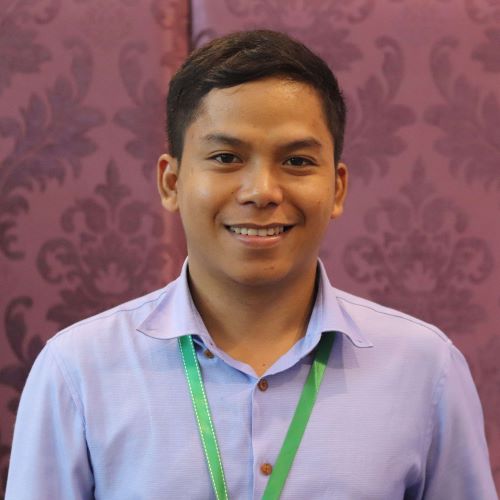Data literacy
About program
Background
Data literacy is the ability to read, understand, work with, analyze, and argue with data. It is also the ability to derive meaningful information from data. Data literacy is not simply the ability to read text since it requires quantitative and analytical skills (for example: mathematical and statistical) involving reading and understanding data. Hence, with increased data literacy, one will be able to produce more insightful and evidence-based stories.
While there is substantial availability of data, data-driven storytelling is still a very young concept in Cambodia given the limited understanding of data and limited data visualization skills. As an open data organization, Open Development Cambodia (ODC) believes that by presenting information and stories with visualizations and simplified language, journalists, researchers and policy makers can more effectively communicate with the public.
ODC, with financial assistance from USAID’s Cambodian Civil Society Strengthening project, is delighted to announce a series of Training on Data Literacy that consists of THREE training modules and a final workshop. Each phase is a 5-day workshop that will progressively equip participants with skills and knowledge on data literacy and data-driven storytelling. Participants are expected to apply knowledge gained during the workshops into their respective projects in the weeks that follow the program.
The ODC Data Literacy Training has localized the curriculum developed by Yan Naung Oak and Eva Constantaras for the World Bank’s Data Literacy Program, supported by UKAID, Australian Aid, The Ministry of Foreign Affairs of Denmark, and The Ministry of Foreign Affairs of Finland, implemented in Myanmar by Phandeeyar and East-West Management Institute.
Objectives
- Provide journalists, researchers, and communicators the skills in data analysis and data-driven storytelling in order to reach a wider audience by enhancing the use of data-driven stories and visualizations
- To promote informed decision-making with regard to environmental and natural resources management in Cambodia
Benefits
Participants will gain:
- An understanding of the concept of open data and its impacts on the policy as well as data management to produce stories
- The skills for online data gathering and transforming data into stories
- The concepts of data organization and cleaning and evaluating the source of the data
- The knowledge of how to convey knowledge and information through visual stories elements
- The opportunity to engage with experts on data-driven story projects
- Three awards will be provided to outstanding participants for the best stories among the group
Eligibility
To be eligible for the training, applicants should:
- Be a journalist or a staff member at a media outlet, be a staff member at a local Civil Society Organization (CSO) or independent think tank;
- Have at least one year of work experience,
- Have a basic understanding of English language/be able to read and write in English,
- Have a strong interest in data and storytelling,
- Commit to participate in all training phases including the final workshop. Once selected, a letter of commitment will be signed by the management of the selected candidates’ organizations and the training program management, to confirm the mutual commitment to the participants’ fulfillment of all phases of the training program
* Indigenous peoples, women and youth are encouraged to apply!
Expectation
All selected participants are expected to:
- Participate in all the training
- Conduct site visit/fieldwork (if necessary)
- Produce at least one data-driven story at the end of the training
- Present your produced stories in the final workshop
Application deadline: 5:00 p.m., August 30, 2019. The application was closed.
Program fee: Free



Modules
From Evidence to Stories | This component introduces data and how you could use it to create public service stories. It will also explain what open data is and how it affects policy. Through the analysis of a number of case studies, participants will explore how data from various sectors have been used to create data-driven stories. |
Finding Data and Data Formats | This component introduces basic knowledge of data formats, the skills to find data online and the concepts to transform data into stories. Starting with a review of data formats, the unit moves on to techniques used to find, covert and process data that is in different formats, and how to develop a hypothesis and questions for a data-story. |
Understanding Data | This component introduces basic concepts of data organization and cleaning as well as questions to help us evaluate the source of the data. It will also cover basic calculations and an introduction to statistics. The ethics and potential pitfalls of working with data will also be covered. |
Visualizing Data | This component introduces the basics of effective communication with data visualization, focusing on best practices in visually communicating data, emphasizing on techniques and tools that could be used to convey knowledge and information through visual stories, not just dry statistics. Participants will be trained in a handful of data visualization software including Datawrapper and Tableau. |
Tentative agenda
Date | Training outline | Number of day | Venue (Details to be confirmed) |
21-25 October 2019 | Phase 1: From Evidence to Stories and Finding Data & Data Formats Module 1: From Evidence to Stories Module 2: Finding Data & Data Formats | 5 days | Phnom Penh |
2-6 December 2019 | Phase 2: Understanding Data and Data visualization Module 3: Understanding Data Module 4: Data Visualization | 5 days | Phnom Penh
|
13-17 January 2020 | Phase 3: Thinking Like a Data Journalist Module 5: Thinking Like a Data Journalist Module 6: Data Protection | 5 days | Siem Reap |
30 June 2020 | Final workshop | Half day | Phnom Penh |
